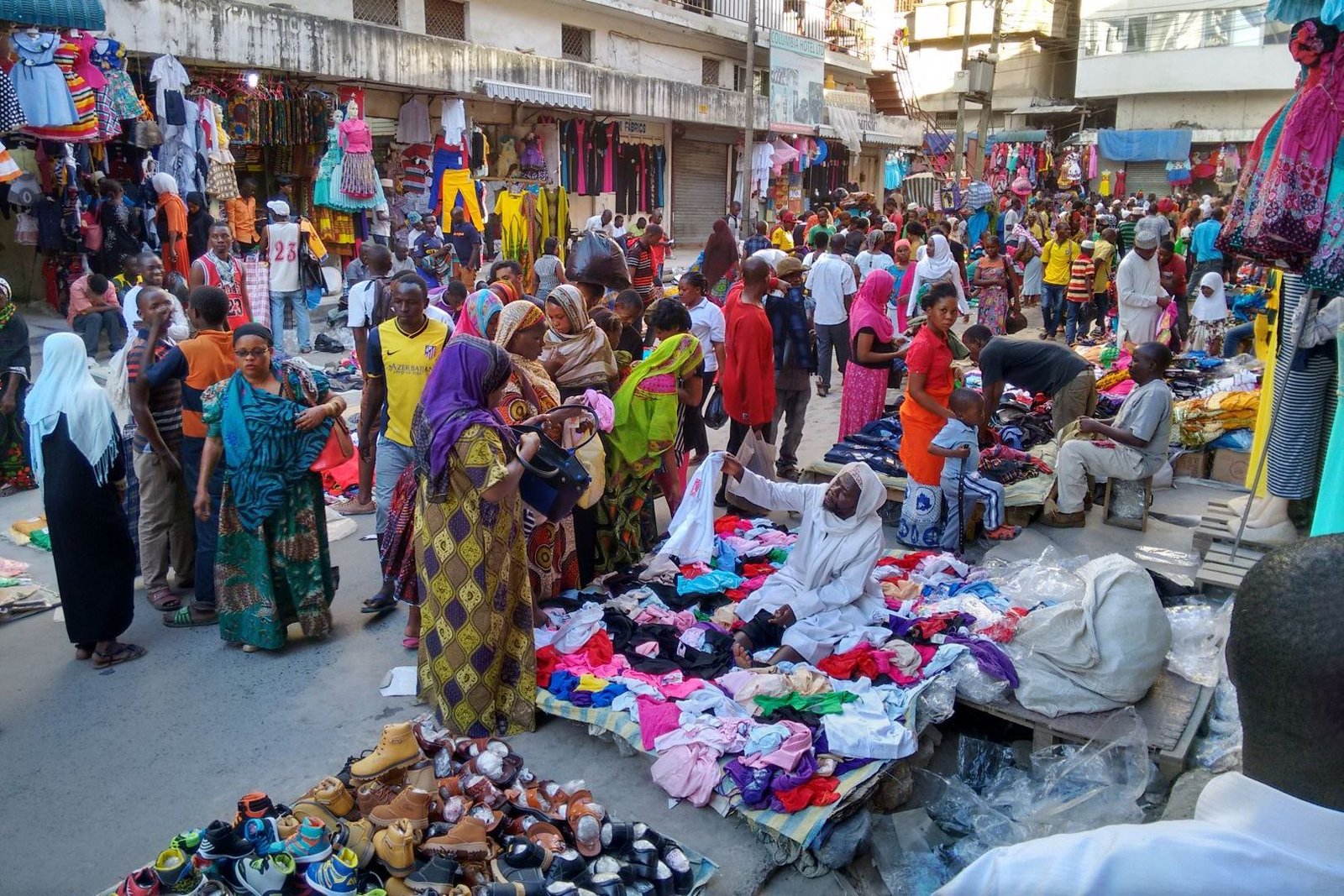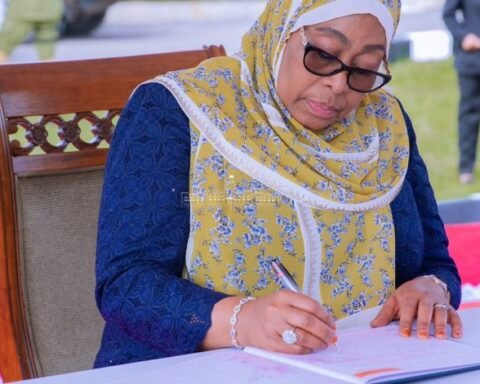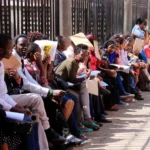Authorities in Tanzania’s bustling commercial capital, Dar es Salaam, have given informal traders operating along access roads near Kariakoo Market a strict two-week ultimatum to vacate the area—clearing the path for the much-anticipated reopening of one of East Africa’s busiest trading hubs.
The order came directly from the Regional Commissioner of Dar es Salaam, Albert Chalamila, as government efforts ramp up to complete the reconstruction of the historic market, which was gutted by a massive fire on July 10, 2021.
“We have reached a critical stage,” Chalamila said during a press briefing. “We cannot afford to reopen this important economic center while its entrances remain blocked by unregulated traders. Everyone must follow the new rules.”
The Kariakoo Market, a major destination for goods ranging from textiles and electronics to fresh produce, has long served not only Tanzanians but also traders from Burundi, Rwanda, Zambia, and the Democratic Republic of Congo. With its strategic location and large volume of trade, the market is seen as a critical pillar in Tanzania’s informal economy.
Following the 2021 blaze, the government allocated over Sh28 billion for an extensive rehabilitation plan. This includes not just the reconstruction of the main market structure but also the creation of a new satellite market, aimed at reducing congestion and supporting a more organized trade environment.
The latest reports from the National Housing Corporation (NHC) indicate that the project is now 93 percent complete, with a target reopening date set for August 2025. According to NHC, the revamped Kariakoo will boast improved infrastructure including a modern fire-fighting system, secure electrical wiring, banking services, CCTV surveillance, public toilets, and solar-powered street lighting.
Commissioner Chalamila has emphasized the need to restore order to an area that had become notorious for congestion and disorganization. For years, informal traders have taken over sidewalks, alleyways, and even vehicle access points around the market, turning Kariakoo’s surroundings into a maze of makeshift stalls and uncontrolled traffic.
Also Read; Tanzania Strengthens Global Trade Partnerships With Japan
While the government acknowledges the economic importance of these small traders—often referred to locally as machinga—Chalamila insists that order and safety must come first.
Out of approximately 1,886 licensed stall owners who operated in the market before the fire, about 1,520 traders have been cleared to return. The remaining 366 traders still face hurdles due to outstanding debts owed to the Kariakoo Market Corporation prior to the fire. Negotiations are underway to settle the dues or possibly provide alternatives.
“We know that people have suffered. But the market we’re about to unveil is a public investment. It must be respected,” Chalamila said.
Government officials have also reiterated their long-term plan to make Kariakoo a 24-hour trading hub, in line with global models like Dubai’s night markets and Bangkok’s Chatuchak market. This shift is expected to boost employment, enhance revenue collection, and cement Tanzania’s position as a regional trade powerhouse.
For now, the clock is ticking. Traders along the main access routes have two weeks to pack up and move—or face enforcement measures.
The hope is that by the time Kariakoo officially reopens, it won’t just be returning to business as usual—it will be setting a new standard for urban market management in Africa.







